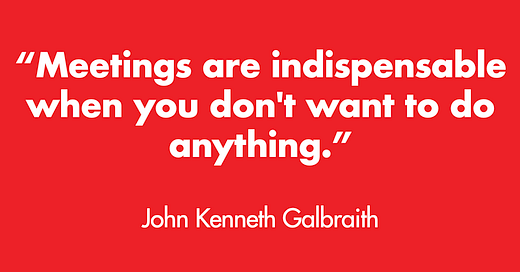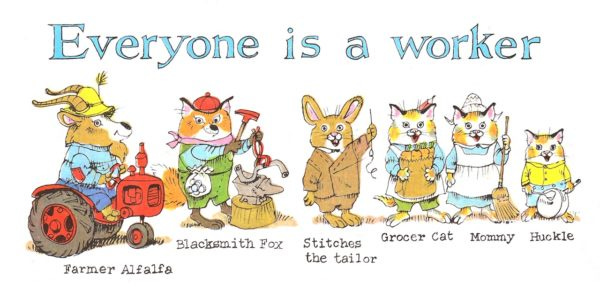Is resilience a toxic myth? If you missed it you can catch up with my session at the RSA. It was a strong session with some brilliant audience questions along the way. Here it is on YouTube:
To be reductive the main conclusion of Fortitude is that resilience is the strength we draw from each other. ‘Are you just telling us we need to make some friends?’ asked a sceptical person at the RSA session last week. As the US sociologist Robert Putnam affirmed, ‘If you smoke and belong to no groups, it’s a toss-up statistically whether you should stop smoking or start joining.’ And yes, along with escaping from toxic environments, shared group activities are proven to be one of the most important things for humans to do. This article on Hobby Sheds gives some evidence to support this. Hobby Sheds are a way of obliquely creating social connection by creating a space for side-by-side activity.
Rory Sutherland explores Fortitude
Rory Sutherland is one of the most respected brains in the advertising industry, a man whose early endorsement of behavioural economics helped popularise the nascent science. He's also a regular writer for The Spectator and Vice Chief of Ogilvy Group. Rory joins me to interview to talk about my new book, Fortitude.
The event was hosted by a brilliant organisation called Radix Big Tent. Radix Big Trent gives a platform for non-partisan conversations about big policy issues, giving a voice to people and places. It provokes and promotes new conversations about the regeneration and renewal of our society in a non-partisan way, inspiring practical actions which demonstrate the value of political intervention and delivering real change in left behind areas.
It convenes Summits, Festivals, physical and online events around the country that engage local leaders and ordinary people, bringing them into contact with national policy makers and influencers.
If you would like to hear more please sign up on radixuk.org
There’s a classic UK children’s book called ‘What Do People Do All Day’ by Richard Scarry. It’s the sort of book that a young child can get lost in, page after page of detailed drawings about imaginary worlds populated with busy animal citizens. This week there’s a lovely article in The Atlantic that feels like an adult treatment of Scarry’s creation. Whenever The Atlantic’s Derek Thompson writes about work it’s essential reading and his piece this week asked people ‘what do people fail to understand about your job’. It’s wonderfully empathetic. Here’s one answer by a chef:
Here’s the piece again. Might be an interesting exercise to do with colleagues, team members. What are the parts of your job that people misunderstand?
Might be one to discuss with senior leadership - this Guardian piece goes deep on workplace resistance to coming in three days a week. ‘It’s just not worth it’ - why workers are still not returning to the office
Harvard Business Review published their greatest hits - the best articles to appear on the site. Includes: Why Do So Many Incompetent Men Become Leaders? and How to Lead When Your Team Is Exhausted — and You Are, Too
Asynchronous work is constantly cited as the best big thing - this article reflects on some experiences of it. ‘Non-linear days are shaping the future of productivity’
Brilliant discovery: Natasha Lipman runs a podcast for/about people who navigate work with chronic illness. She runs a newsletter and podcast on the same themes that is worth exploring out. I’ve loved checking it out this week - find it here










